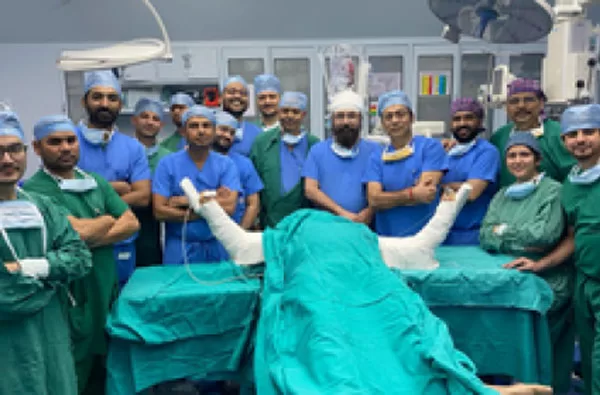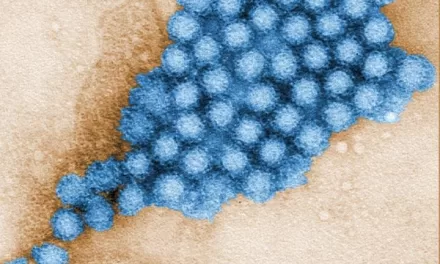New Delhi: In a remarkable feat of medical ingenuity and generosity, a 45-year-old Delhi-based painter, who lost both his hands in a tragic train accident in 2020, has been granted a new lease on life. He is set to resume his passion for painting after becoming the first individual in Delhi to undergo a successful bilateral hand transplant.
The groundbreaking surgery, conducted at Sir Ganga Ram Hospital, saw the skilled medical team transplant the hands of Meena Mehta, a former administrative head of a prominent South Delhi school who was declared brain-dead. Mehta’s selfless act of organ donation not only provided new hands to the painter but also extended the gift of life to three other individuals through the donation of her kidneys, liver, and corneas.
In a marathon 12-hour procedure, surgeons meticulously connected every artery, muscle, tendon, and nerve between the donor’s hands and the recipient’s arms. The painstaking precision of the surgery underscores the dedication and expertise of the medical team involved.
“The successful bilateral hand transplant marks a significant milestone not only in the recipient’s journey toward recovery but also in the field of transplantation in Delhi,” remarked a spokesperson for Sir Ganga Ram Hospital.
The recipient, whose identity has not been disclosed, is expected to be discharged tomorrow, marking the beginning of a new chapter in his life. For him, this surgery signifies not only the restoration of physical abilities but also the rekindling of artistic passion and independence.
India grapples with one of the lowest organ donation rates globally, with only a minuscule 0.1 per cent of the population opting for organ donation after death, in stark contrast to rates of 70-80 per cent in Western countries. Tragically, hundreds of individuals in India perish while awaiting organ transplants each year.
The National Organ and Tissue Transplant Organization (NOTTO) reports that in 2022, Delhi witnessed 11 cadaver donations, resulting in the successful retrieval of 30 organs. Despite these efforts, the gap between the number of organs donated and the individuals awaiting transplants continues to widen, fueled by misconceptions and a lack of awareness regarding organ donation.
Experts emphasize the critical need for increased education and awareness surrounding organ donation to bridge this gap. “Timely cadaveric organ donation has the potential to save countless lives. Greater awareness and education about the benefits of organ donation are essential to encourage more individuals to pledge their organs,” stated a spokesperson for NOTTO.
The success of this landmark surgery not only offers hope to countless individuals awaiting transplants but also serves as a poignant reminder of the transformative impact of organ donation in shaping lives and fostering a culture of compassion and solidarity in society.











